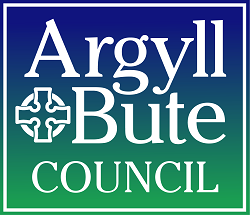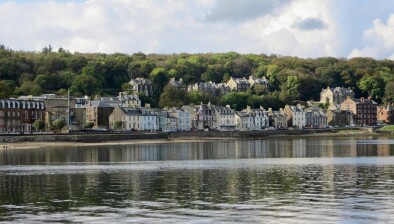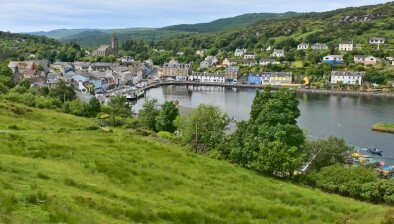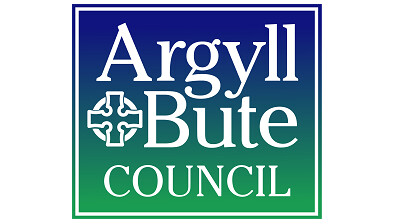Argyll & Bute puts Visitor Levy plans on hold amid economic impact fears

Argyll & Bute has become the fifth Scottish council to stop developing plans for a local Visitor Levy amid concerns about the potential impact on the tourist economy.
Councillors voted against developing its plans at this stage after the Federation of Small Businesses (FSB) highlighted worries that a local charge might deter visitors and damage the region’s economy.
A public consultation carried out by the council found just one in five respondents supported the proposed 5% charge on overnight accommodation, with strong opposition from local businesses.
Argyll & Bute joins Shetland, Orkney, Comhairle nan Eilean Siar (Western Isles) and South Ayrshire in agreeing to stop developing Visitor Levy proposals.
Hisashi Kuboyama, FSB’s West Scotland development manager, said: “We are pleased Argyll & Bute has listened to the concerns of local businesses and decided against pressing ahead with a local Visitor Levy.
“There is no ‘one-size-fits-all’ when it comes to the Visitor Levy, so it is vital that councils carry out a specific assessment of the potential impact in their own area as Argyll & Bute did, and listen and respond to any concerns of local businesses.”
FSB has also highlighted the potential administrative burden for small accommodation providers, such as B&Bs and guesthouses.
It has also highlighted a recent impact assessment commissioned by the Welsh Government, which found a visitor levy could reduce tourist numbers by up to 2.5% and cut visitor spending by as much as £35 million a year.
Flat-rate charge being considered
The move comes as the Scottish Government signals a potential shift in policy, acknowledging industry concerns and committing to exploring alternative models, such as a flat-rate charge.
The Association of Scotland’s Self-Caterers (ASSC) has said it welcomes the government’s willingness to consider alternatives to the percentage-based overnight tax. Fiona Campbell, CEO of the ASSC, stated that a flat-rate model offers the “clarity, fairness, and simplicity” that the tourism sector has consistently called for.
She expressed regret that these challenges were not addressed sooner, noting the original legislation was “not fit for purpose” and has created “unnecessary uncertainty and operational risk” for businesses.
A feasibility study, conducted by councils in Orkney, Shetland and the Western Isles, found strong local opposition, significant logistical hurdles, and limited economic benefit to the introduction of a levy.
A key concern raised by stakeholders in Orkney was the levy’s perceived unfairness, particularly its exclusion of high-impact visitors like cruise ship passengers. While there was support for a charge to fund local infrastructure, the community favoured models targeting all visitors at entry points, an option not currently permitted under the Visitor Levy (Scotland) Act 2024.
The ASSC is now encouraging other councils to postpone their own plans until more flexible and viable charging arrangements are legislated for.
Ms Campbell concluded: “Overall, I am encouraged that Ministers are now listening to calls for flexibility and are working to correct course. The sector remains committed to constructive engagement and to shaping a levy that is fair, consistent, and sustainable.
“Our priority is to protect Scotland’s competitiveness as a world-class destination while ensuring any levy introduced delivers genuine benefit to local communities.”






